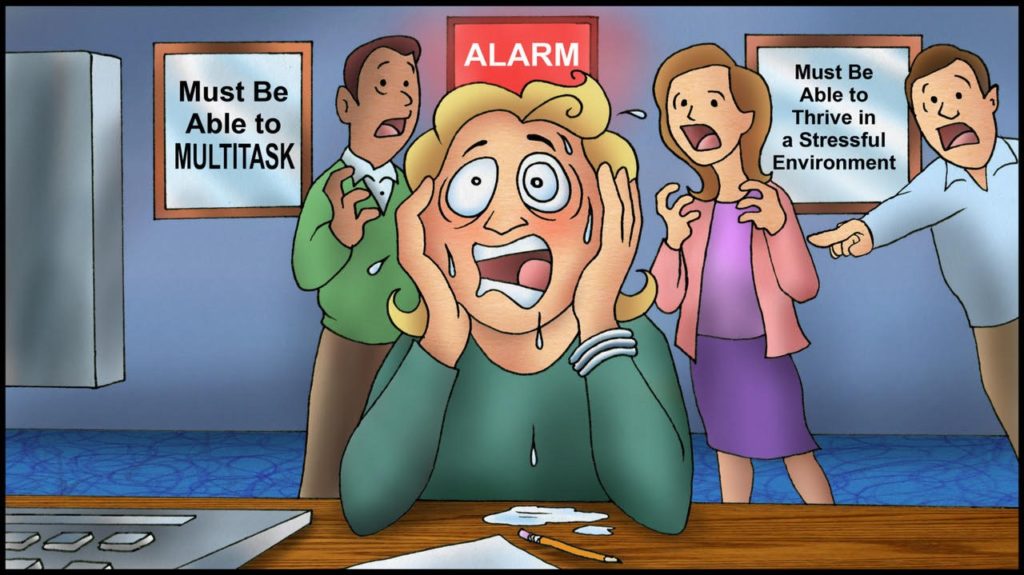I am unfamiliar with any efforts to identify and to address the effects of job stress in most pipeline companies. In fact, one job posting “requires” controllers to be able to “sustain concentration under stressful situations.” Another one states controllers must “remain focused in stressful situations.” Many job postings also require the ability to multitask. Research shows that most of us do not multitask; we switch between tasks and there is a time/attention cost every time we switch. The task switching probably increases stress.
Evidently stress is an issue on the job if one is required to display certain behaviors when something stressful occurs. I suspect the reason those statements are in the job requirements is because some people had not remained focused or sustained concentration. Ah, if we could only focus and concentrate because someone tells us we have to do so! If I could only do all the improvement ideas others have for me, I would be a better man.
Companies may not be concerned about the effects of personal stress when people come to work. I remember a controller who started making errors after years of good performance. His manager asked me to work with him on a “corrective action plan.” While he had not told anyone, he was having financial problems. His wife and children had left him, and he was not sleeping. It was likely difficult for him to focus. I am sad to say his performance did not improve, he got fired, his financial problems worsened, and his wife divorced him. He started having health problems and died two years later from a heart attack.
In Great Britain, the Health & Safety Executive developed a competency framework that front line managers are supposed touse for managing the work-related stress of employees. The framework includes six areas of work that can contribute to poor health, lower productivity, and increased absences if not managed well. I imagine there is also the risk of increased errors and accidents. HSE Stress Standards
How well are the six areas managed in your workplace?
- Demands – workload, work patterns and the work environment.
- Control – how much say the person has in the way they do their work.
- Support – the encouragement, sponsorship and resources provided by the organization, management, and colleagues.
- Relationships – promoting positive working behaviors to avoid conflict and dealing with unacceptable behavior.
- Role – whether people understand their role within the organization and whether the organization ensures that they do not have conflicting roles.
- Change – how organizational change (large or small) is managed and communicated in the organization.
I read recently about the concept of “psychological safety” for high performing work teams. It is a “climate in which people are comfortable being (and expressing themselves).” If we create that climate, then stress might be reduced and there would be less risk of an error that threatens pipeline safety or an accident that causes a personal injury. Psychological Safety
THE FILTHY 15 EDUCATIONAL PROGRAM | Charles Alday © 2020 Please Distribute to Others.




